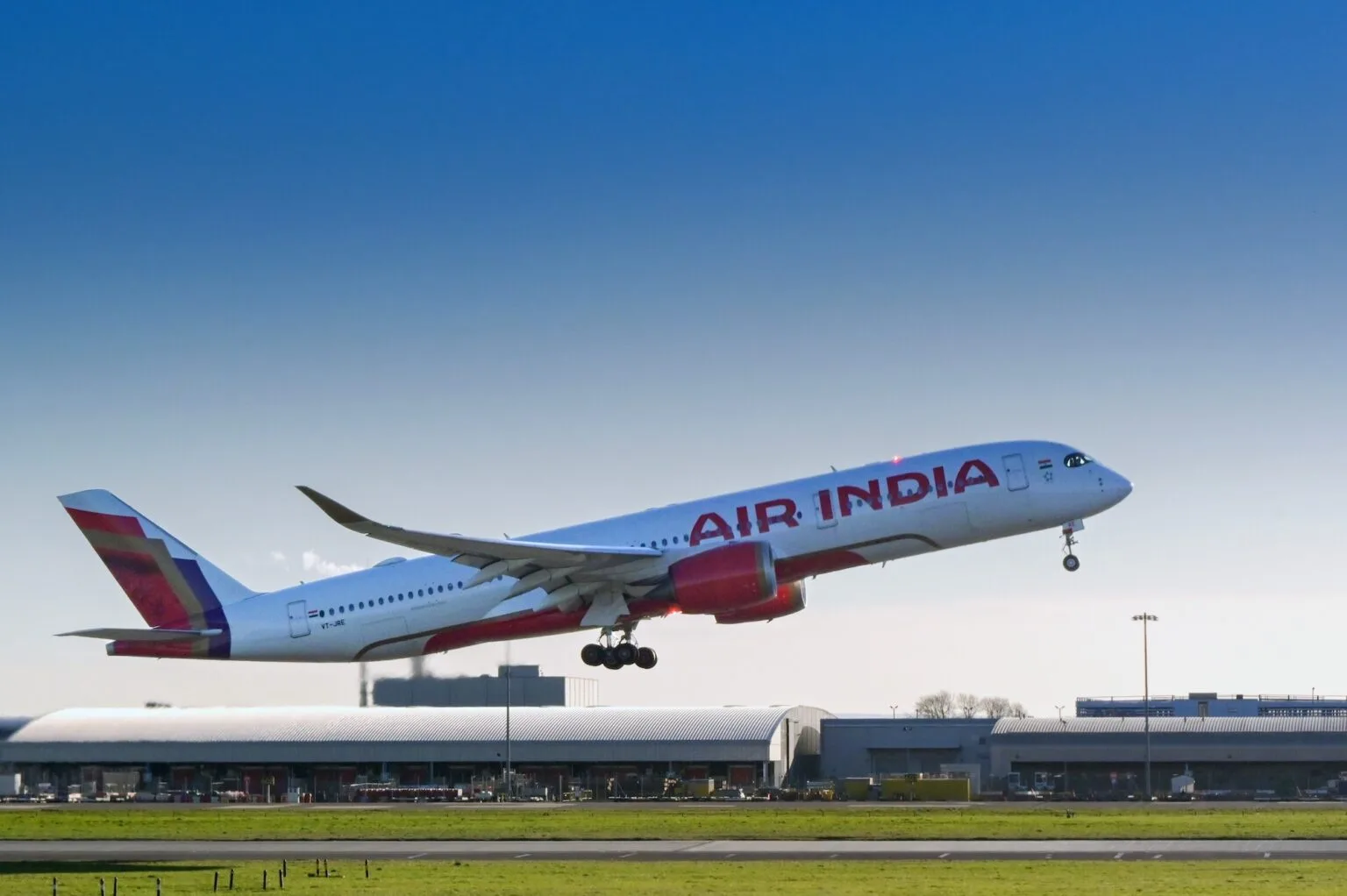Background of the UK-India Free Trade Agreement
The signing of the UK–India Free Trade Agreement (FTA) represents a crucial development in the relationship between these two nations. This significant pact is said to be the most comprehensive trade agreement the United Kingdom has entered into since parting ways with the European Union. Its ramifications for the global air cargo sector, as well as associated policies, regulations, and infrastructure systems, merit further examination.
Overview and Expected Outcomes
Officially termed the Comprehensive Economic and Trade Agreement, this agreement is projected to double trade between the UK and India, reaching an estimated US$120 billion by the year 2030. This timing aligns perfectly with the air logistics sector, which is eager to regain its footing after the setbacks faced during the pandemic, address pandemic-induced capacity constraints, and come into alignment with evolving sustainability and digital compliance requirements. For all stakeholders involved—be it freight forwarders, customs authorities, or airport planners—this agreement serves as a road map for smoother cross-border trade built upon the foundations of efficiency, reliability, and adaptability.
Tariff Reductions and Their Implications
The FTA abolishes tariffs on around 99 percent of exports to the UK from India. These exports comprise essential sectors, including textiles, leather, gems, pharmaceuticals, and processed foods. Conversely, UK exports such as aerospace components, electronics, and medical devices will benefit from lower tariffs over time. The UK government’s assessment suggests that this agreement could bolster the UK GDP by £4.8 billion and India’s GDP by £5.1 billion in the longer term.
The Growth of Air Cargo Corridors
The figures speak volumes—these projected trade volumes reveal an escalating demand for air cargo capacity, particularly for high-value and time-sensitive products. Significant airfreight volumes are expected along trade routes connecting major Indian cities like Mumbai, Delhi, Bengaluru, and Chennai with key UK airports such as London Heathrow and Manchester. Recent market analyses indicate a 6.1 percent year-on-year rise in international cargo tonne-kilometers (CTKs) as of March 2025, and this FTA is anticipated to further catalyze growth in freighter and bellyhold capacity utilization.
Major Sectors Benefiting from the Agreement
Among various sectors, the pharmaceutical industry is likely to reap substantial benefits. As a prominent supplier of generic medicines and vaccines, India will find its market more accessible through effectively deregulatory measures, including the abolishment of tariffs on essential medicinal goods and devices. This will simplify cold chain logistics, promoting swift distribution and minimizing dwell times.
Furthermore, perishables such as mangoes, spices, and marine products will also experience enhanced access to the UK market due to the commitment to expedited customs clearance within a 48-hour window, contingent upon proper documentation. The removal of duties on processed foods creates fresh opportunities for UK exporters to tap into the growing markets within India’s urban centers, which are now increasingly served by regional airport expansions.
Advancements in Customs and Trade Facilitation
Centered on customs procedures and trade facilitation, the FTA comprises a dedicated section aimed at ensuring predictable and transparent release timelines. This will further harmonize customs practices across both nations while pushing for the adoption of modern digital tools. Such shifts align seamlessly with global standards such as the IATA’s ONE Record data-sharing and e-freight documentation protocols.
Encouraging pre-arrival processing, coordinated border management, and post-clearance audits will expedite cargo transit and aid authorities as they implement digital clearance systems and risk profiling tools. This digital alignment promises improved accuracy in planning, reducing delays, and enhancing the general efficiency of warehouse operations and cold chain inventories.
Increasing Labour Mobility
While not broadly liberalizing immigration, the FTA introduces mechanisms promoting skilled labor mobility. By facilitating the flow of Indian professionals into various sectors in the UK—particularly in aviation services, logistics management, and supply chain consulting—the agreement enables a rich exchange of knowledge and operational know-how. As Indian freight specialists and cold chain logistics managers find it easier to work in the UK, the synergy between the two markets will likely deepen.
Sonuç
The ramifications of the UK-India Free Trade Agreement are abundantly clear in the ambitious goals it sets for expanding bilateral trade and enhancing air cargo efficiency. Amid the post-pandemic recovery phase, this landmark agreement promises to reshape trade dynamics by mutual tariff reductions and improved logistical frameworks. It denotes a promising shift not just for the air cargo industry, but also for broader logistical practices as sustainable and digital compliance takes precedence.
Even the best reports and well-intentioned feedback can’t quite capture the essence of personal experience. To truly gauge how these developments might play out in real-world logistics challenges, firsthand journeys through cargo transportation processes are invaluable. For your next cargo transportation needs, GetTransport.com offers incredible value on logistics solutions worldwide. Simplifying complex transportation and forwarding tasks, the platform provides you with transparency and a wide array of budget-friendly options. This aligns seamlessly with the essence of the UK’s evolving trade landscape with India. Experience the convenience, affordability, and reliability with GetTransport.com. Yolculuğunuzu ayırtın

 Birleşik Krallık-Hindistan Serbest Ticaret Anlaşmasının Hava Kargo ve Lojistik Üzerindeki Etkisi">
Birleşik Krallık-Hindistan Serbest Ticaret Anlaşmasının Hava Kargo ve Lojistik Üzerindeki Etkisi">